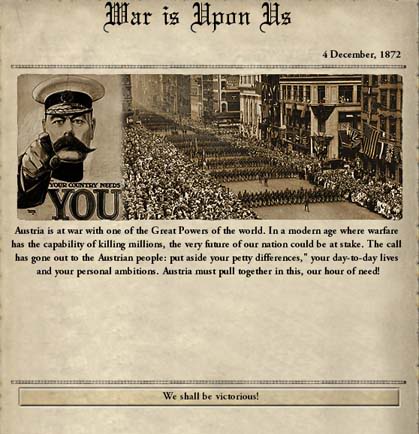

This paper attempts to demonstrate that the ideology of Empire is prevalent in the Christian tradition and in Western civilization and colonialization. Readers of this work are invited to pose such questions as “Does our curriculum explicitly include contemporary and critical social analysis on global capitalism? Are we still heavily dependent of European male theologians and their work? Are we still singing hymns that are militant and triumphant and that contain views of others as heathens? What kinds of liturgical symbols and spaces are our church sanctuaries equipped with? What must we do to fulfill our commitment to the values life for all and build up God’s household of life, oikoumene?” Our critical knowledge of Empire should be able to help to decolonize our ways of being in the church and being in the world in concrete and conscious manners. Such resistance does not happen only in streets and work places in the form of protests but can also takes place in theological education where critical engagement with the issues of intersectionality are included as a part of the curriculum. Many ordinary people, especially women act as agents in movements to resist Empire. Roots of Empire are not impossible to uprooted and cut off. It attempts to show how the matrix of the global economic order, ecological degradation, militarism, and sexism exists and manifests itself within the interests of Empire. By demonstrating such these three Cs as roots of Empire, the essay examines the intersectionality of gender, sexuality, race, class, nature, and religions through an analytical reading of the Bible, Church history, and modernist philosophy. The paper argues that there is a strong link between Empire and Christianity, Western civilization and colonialization.


 0 kommentar(er)
0 kommentar(er)
